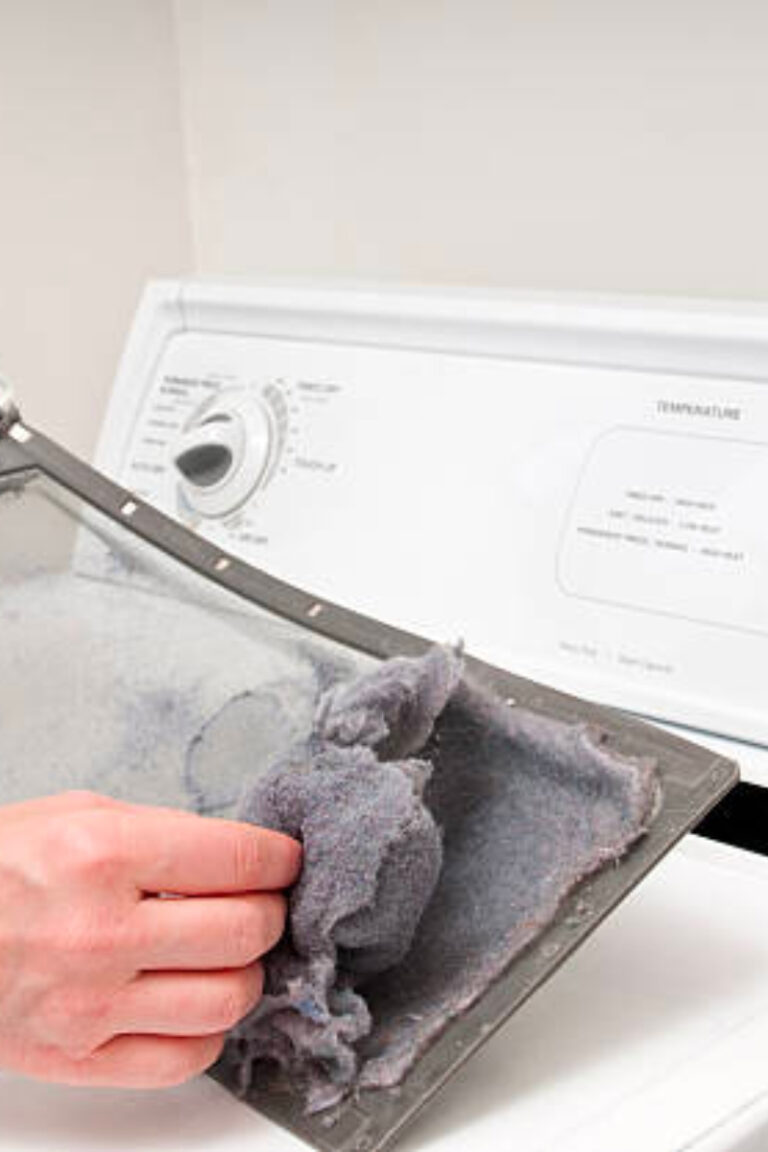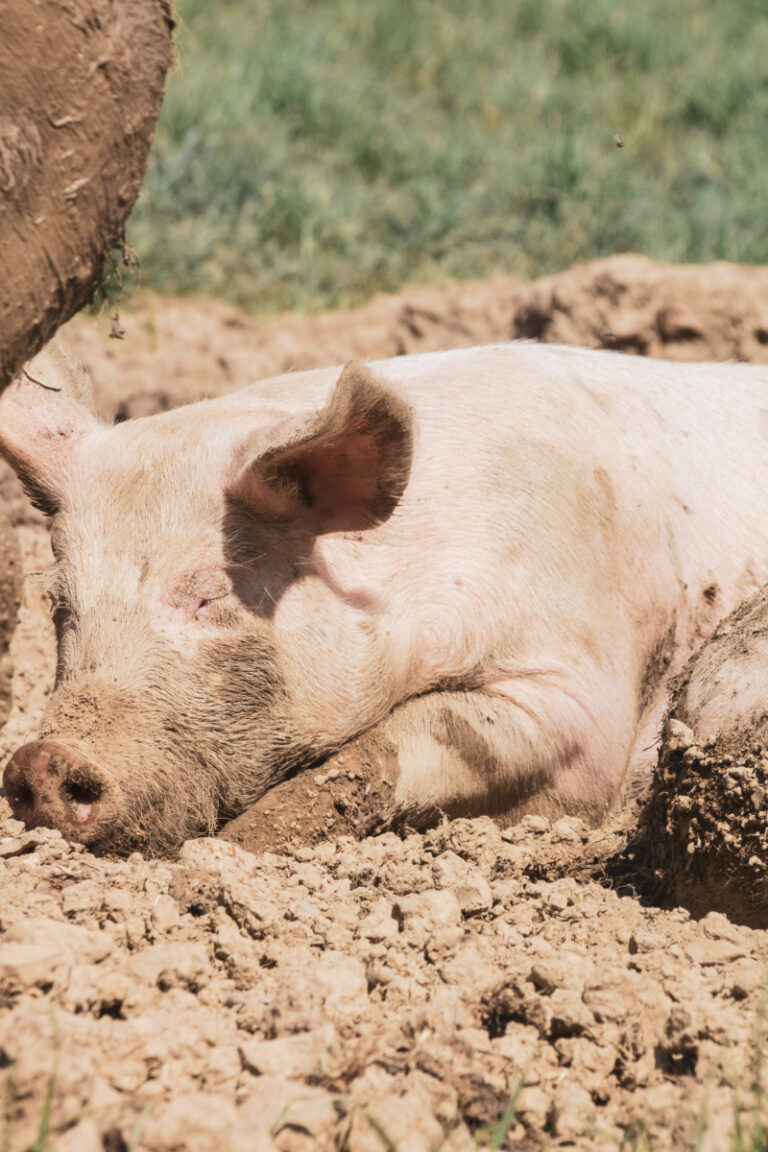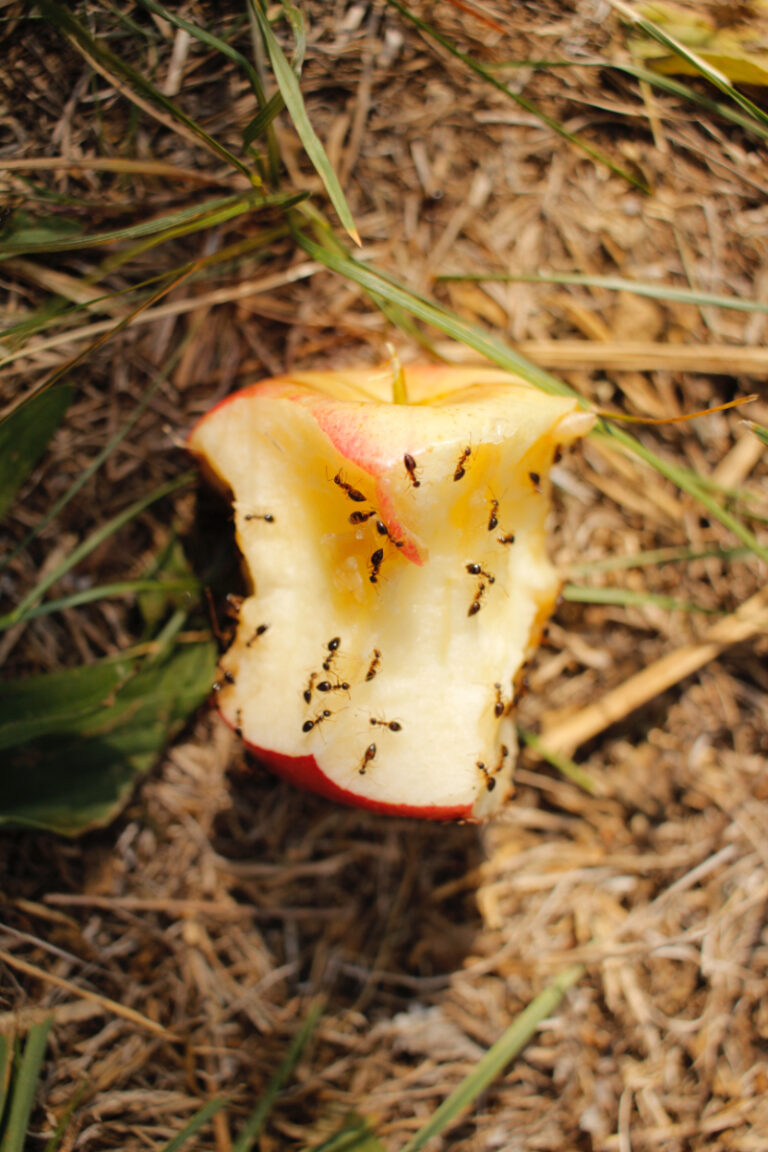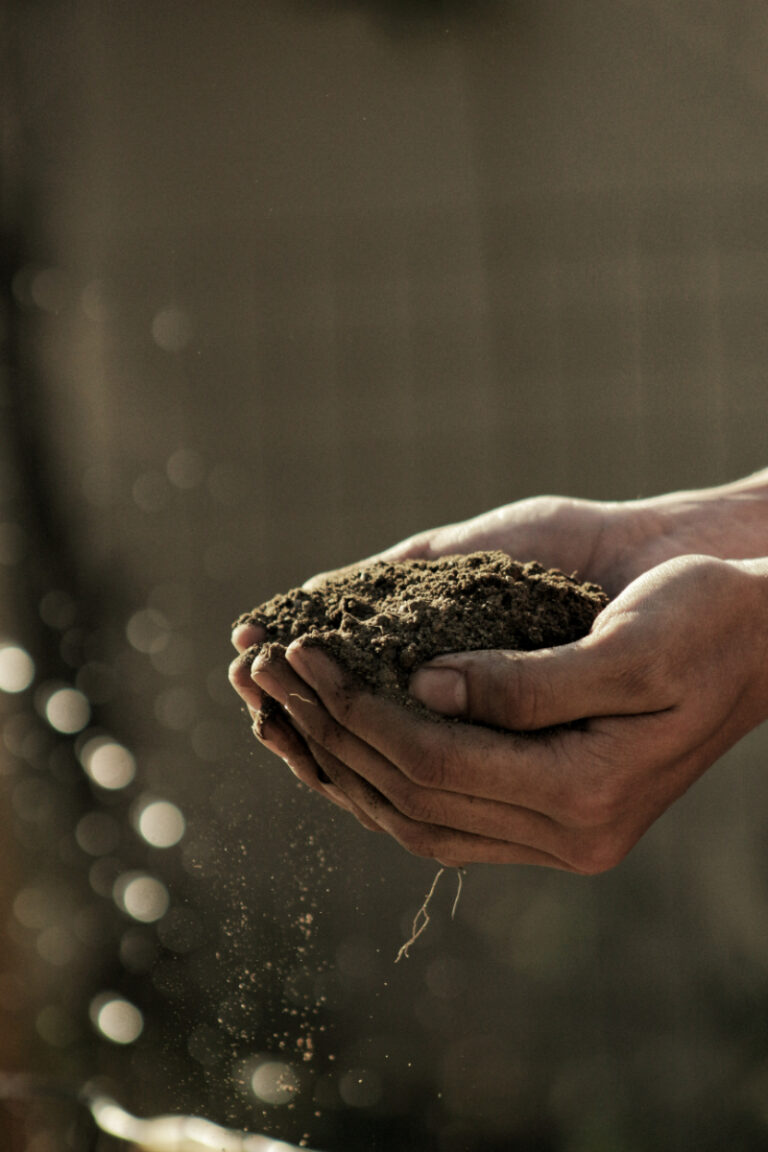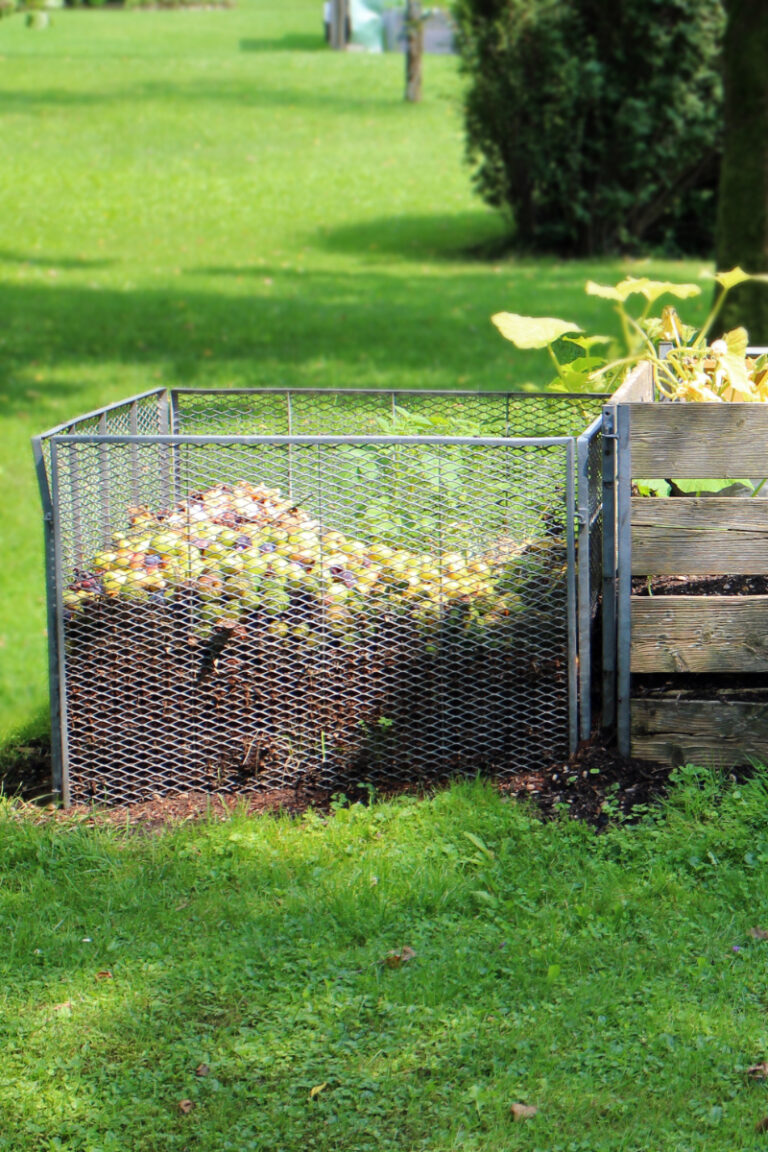How to Turbocharge Your Compost Pile
Composting is a natural process that turns your kitchen scraps and yard waste into nutrient-rich soil. It’s not just an environmentally friendly way to recycle organic materials, but it also enhances the fertility of your garden soil, promoting healthier plants.
However, a common concern when it comes to composting is the time it takes. Traditional composting can take anywhere from two months to two years to fully decompose the organic matter. That’s why its important to know how to speed up compost pile activity.
Accelerating the composting process allows you to reap the benefits sooner, making it a more appealing practice for those who might be put off by the lengthy decomposition period.
This guide will walk you through the steps you can take to speed up your compost pile, ensuring you get rich, beneficial compost in a fraction of the usual time. Stay tuned to learn how to make your compost pile work harder and faster for you.
Mastering the Art of Composting: A Comprehensive Guide to Speeding Up the Process and Maximizing Benefits
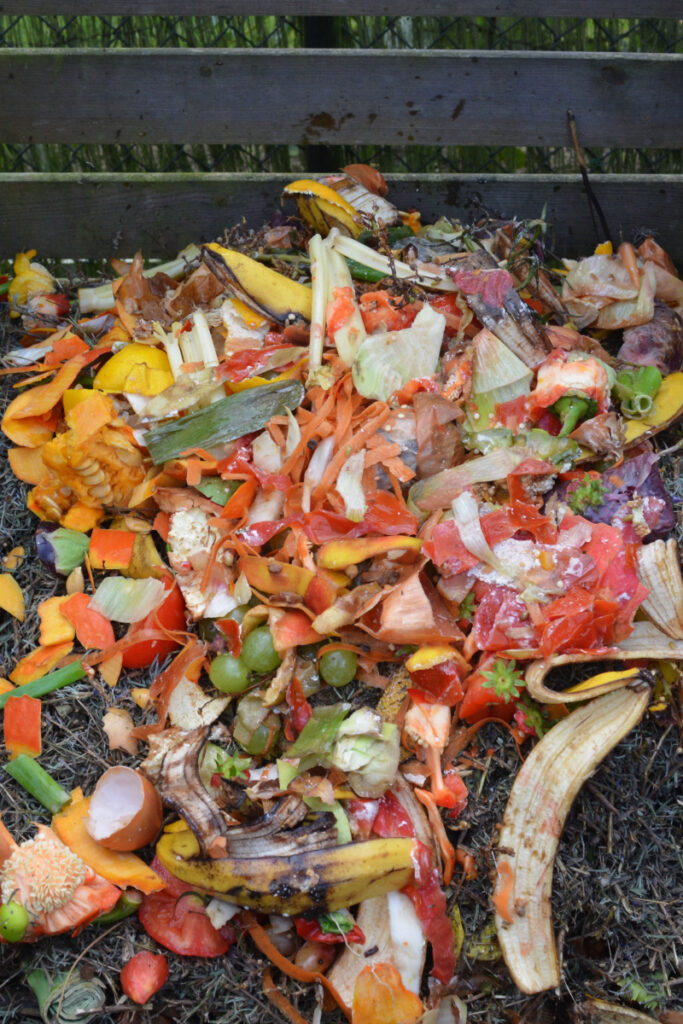
How To Speed Up Compost Pile Decomposition
Before you can effectively speed up your compost pile, it’s crucial to understand what’s happening inside it. A compost pile is a bustling microcosm of biological activity, where various organisms, including bacteria, fungi, and insects, work together to break down organic matter into nutrient-rich compost.
The composting process relies on four main elements: carbon, nitrogen, oxygen, and water. Carbon comes from brown materials like dried leaves, straw, or paper, providing energy for the composting organisms. Nitrogen, on the other hand, comes from green materials like vegetable scraps, coffee grounds, or fresh grass clippings, providing nutrients for organism growth and reproduction.
Meanwhile, oxygen is necessary for aerobic bacteria (those that need oxygen to survive) to thrive and do their job effectively. These bacteria are responsible for a lot of the decomposition in your compost pile. They require much oxygen, which is why turning your fresh compost pile is so important.
Water, the final element, ensures a hospitable environment for the composting organisms. Too little moisture can slow down the decomposition process, while too high moisture content can lead to a smelly, anaerobic pile.
The speed at which your compost pile breaks down the organic matter depends largely on these factors. By carefully managing these elements, you can create optimal conditions for rapid composting. The remainder of this guide will show you how to balance these elements effectively to speed up your compost pile, making it a more efficient and rewarding process.
Choosing the Right Materials for Your Compost Pile
The materials you choose to add to your compost pile can significantly impact its decomposition speed. The best way is to provide a balanced mix of green and brown materials for a healthy, fast-working compost pile.
Green materials
Green nitrogen-rich materials are items like kitchen waste, food scraps, coffee grounds, fresh grass clippings, and plant cuttings. These materials provide the necessary nutrients that help organisms grow and reproduce. However, adding too many green materials can result in a smelly, overly wet compost pile.
Brown materials
On the other hand, are high in carbon and include items such as dried leaves, dried garden waste, straw, paper, or wood chips. These materials provide the energy that composting organisms need to thrive. However, having too many brown materials can slow down the composting process because there won’t be enough nitrogen for the organisms.
A good rule of thumb is to aim for a ratio of 3:1 of brown to green materials. This balance provides the right amount of carbon and nitrogen for composting organisms, ensuring they have the resources to work effectively and quickly.
Moreover, it’s important to note that not all organic materials are suitable for composting. Avoid adding meat, dairy, diseased plants, or pet waste as these can attract pests and create unpleasant odors. Also, they could potentially introduce harmful pathogens into your compost.
Properly Layering Your Compost Pile
The way you layer your compost pile can greatly influence its decomposition rate. By arranging your materials in a specific order, you can create the ideal conditions for composting organisms to thrive and work faster.
Start your compost pile on bare ground, which allows worms and other beneficial organisms to access it easily. The first layer should be made up of coarse brown material, such as twigs or straw, to help with aeration and drainage.
Next, add a layer of green materials. This provides a good source of nitrogen for the composting organisms. On top of this, add a layer of brown materials. These provide carbon, which is the primary energy source for the organisms.
Keep alternating between green and brown layers, aiming for a thickness of about 2-3 inches for each layer. Remember, the key is to maintain a balance between the two types of materials. A good rule of thumb is a ratio of 3:1 of brown to green materials.
Once you’ve added all your layers, finish with a layer of garden soil or finished compost. This introduces more composting organisms into the pile and helps maintain moisture and heat levels.
It’s also important to chop or shred your compost materials into small pieces before adding them to the pile. Smaller pieces have more surface area, which allows the composting organisms to break them down more quickly.
Finally, remember to turn your compost pile every few weeks using a pitchfork or shovel. This helps to aerate the pile, providing oxygen to the organisms and speeding up the composting process.
Maintaining the Right Moisture and Temperature
Keeping your compost pile at the right moisture level and temperature is crucial for speeding up the composting process. Both factors play a significant role in the survival and activity of composting organisms.
Moisture
Moisture is essential for the life processes of composting organisms. Your compost pile should be as wet as a wrung-out sponge — moist, but not dripping water. If it’s too dry, decomposition will slow down because the organisms won’t have enough water to survive and stay active. On the other hand, if it’s too wet, it can become anaerobic (without oxygen), leading to unpleasant odors and slowed decomposition.
To maintain the right moisture levels, add water to your compost pile during dry weather or when you add a lot of brown materials, which tend to be dry. During wet weather or when you add a lot of green materials, which contain a lot of water, cover your compost pile or add more brown dry material to absorb excess moisture.
Temperature
Temperature is another key factor in composting speed. As the organisms in your compost pile break down organic matter, they generate heat, which in turn speeds up their activity. A hot compost pile indicates that decomposition is happening rapidly.
The ideal temperature for a compost pile is between 130 and 160 degrees Fahrenheit. At this temperature, most weed seeds and harmful pathogens are killed, and decomposition happens quickly.
You can measure the temperature of your compost pile using a compost thermometer, which is long enough to reach into the center of a large pile. If the pile isn’t heating up, try turning it to introduce more oxygen, adding more green materials to boost nitrogen levels, or adding water if it’s too dry.
Adding Activators to Speed Up the Process
While a well-balanced and properly maintained compost pile will naturally decompose over time, sometimes you might want to give it an extra boost. This is where a compost starter or activators come in.
Compost activators are materials that introduce a high amount of nitrogen or microorganisms into your compost pile, accelerating the decomposition process. They kick-start the activity of composting organisms, helping them break down organic matter faster.
There are several natural and commercially available activators you can use:
Natural activators include green, nitrogen-rich plant matter materials like fresh grass clippings, young weeds, well-rotted chicken manure, or green leaves. These materials provide a quick source of nitrogen for the composting organisms, stimulating their activity.
You can also use a shovelful of garden soil or finished compost as a natural activator. These contain a wide range of composting organisms that can help jump-start the composting process.
Commercial activators are products specifically designed to accelerate composting. They often contain a concentrated source of nitrogen and a mix of microorganisms beneficial for composting. While they can be effective, they are not always necessary if you’re using a good mix of green and brown materials and properly maintaining your compost pile.
When using a compost activator, follow the instructions on the package or add a thin layer every time you add new material to your compost pile. Remember, the goal is to enhance the activity of composting organisms, not overwhelm them with too much nitrogen or a sudden influx of new organisms.
Monitoring Progress and Troubleshooting Common Issues
Monitoring the progress of your compost pile is an important part of speeding up the composting process. By regularly checking on your compost pile, you can identify and address any issues that might slow down decomposition.
Temperature
As mentioned earlier, a hot compost pile indicates that decomposition is happening rapidly. If your compost pile is not heating up, it could be due to a lack of green materials, insufficient moisture, or poor aeration. Try adding more green materials, watering the pile, or turning it to introduce more oxygen.
Odor
A well-managed compost pile should have a pleasant, earthy smell. If your compost pile smells bad, it could be due to too many green materials, insufficient oxygen, or too much moisture. Try adding more brown materials, turning over the top of the pile, or covering it during wet weather.
Pests
Composting organisms are usually small and unnoticeable. If you notice flies, rodents, or other pests in your compost pile, it could be due to the presence of inappropriate materials like meat, dairy, or pet waste. Make sure to only compost appropriate materials and cover your compost pile with a layer of brown materials or a compost bin lid to deter pests.
Decomposition speed
If your compost pile is not decomposing as fast as you’d like, it could be due to a lack of green materials, insufficient moisture, poor aeration, or large pieces of material. Try adding more green materials, watering the pile, turning it, or chopping the waste into smaller materials to develop fast compost.
Using Your Finished Compost
After all your efforts in creating and maintaining your compost pile, you’ll be rewarded with a nutrient-rich soil amendment that is beneficial for your garden. Finished compost, often referred to as “black gold,” is dark, crumbly, and has a pleasant, earthy smell.
You can tell when your compost is ready by its appearance and smell. It should look like rich, dark soil and smell like a forest floor. The original materials you added to your compost pile should no longer be recognizable, except for maybe a few pieces of woody material.
Once your compost is ready, there are several ways to use it:
- Soil amendment: Mix usable compost into your garden soil to improve its structure, fertility, and water-holding capacity. This is especially beneficial for poor soils.
- Mulch: Spread compost on the surface of your garden beds to suppress weeds, retain moisture, and provide a slow release of nutrients to your plants.
- Potting mix: Mix compost with other ingredients like sand or peat moss to create a homemade potting mix for your potted plants.
- Lawn top dressing: Spread a thin layer of compost over your lawn to improve soil quality and promote healthy grass growth.
Remember, even if your compost isn’t perfectly finished, it’s still beneficial for your garden. Unfinished compost can be used as mulch or dug into the soil in fall, where it will continue to decompose over winter and be ready to nourish plants in spring.
Conclusion
Composting is an environmentally friendly way to recycle organic waste while creating a valuable resource for your garden. While the process can take time, understanding how to balance green and brown materials, maintain proper moisture and temperature levels, and introduce compost activators can significantly speed up the process. Regular monitoring and troubleshooting can ensure your traditional compost pile stays on track and decomposes efficiently.
Despite the effort it requires, the reward of rich, nutrient-filled compost is well worth it. This “black gold” can dramatically improve the health and productivity of your garden, making your plants more robust and vibrant.
Remember, composting is more of an art than a science. Don’t be discouraged if things don’t go perfectly the first time. With patience, practice, and a little bit of know-how, you can turn your organic waste into a garden treasure.

